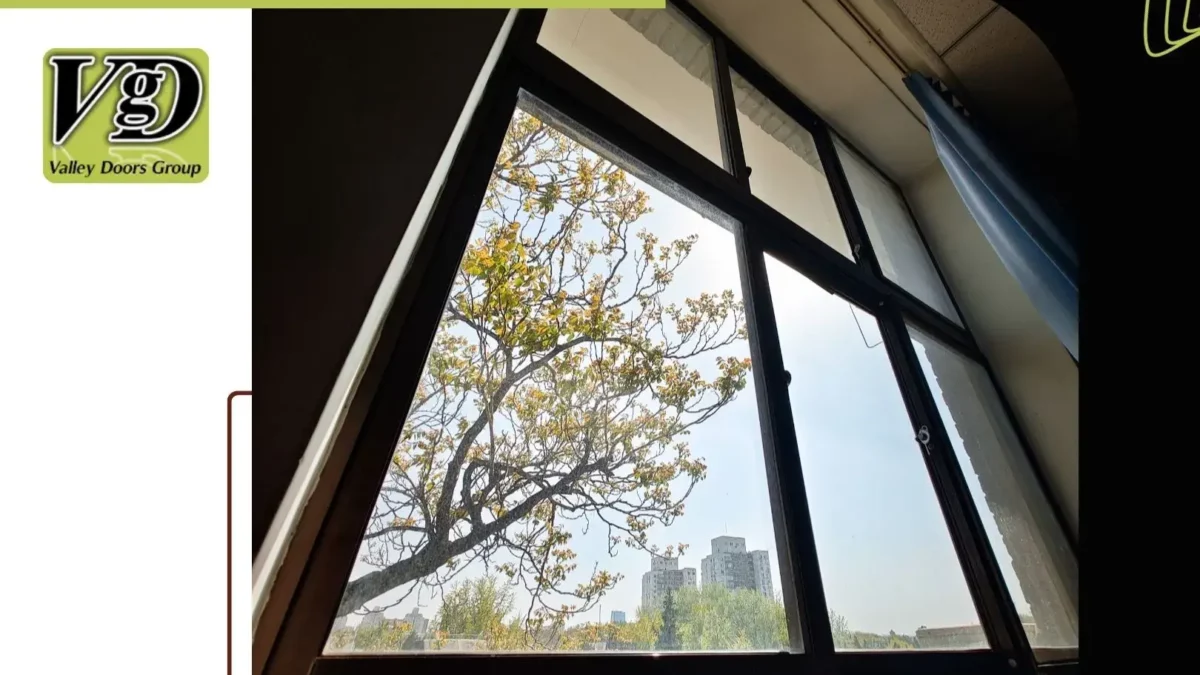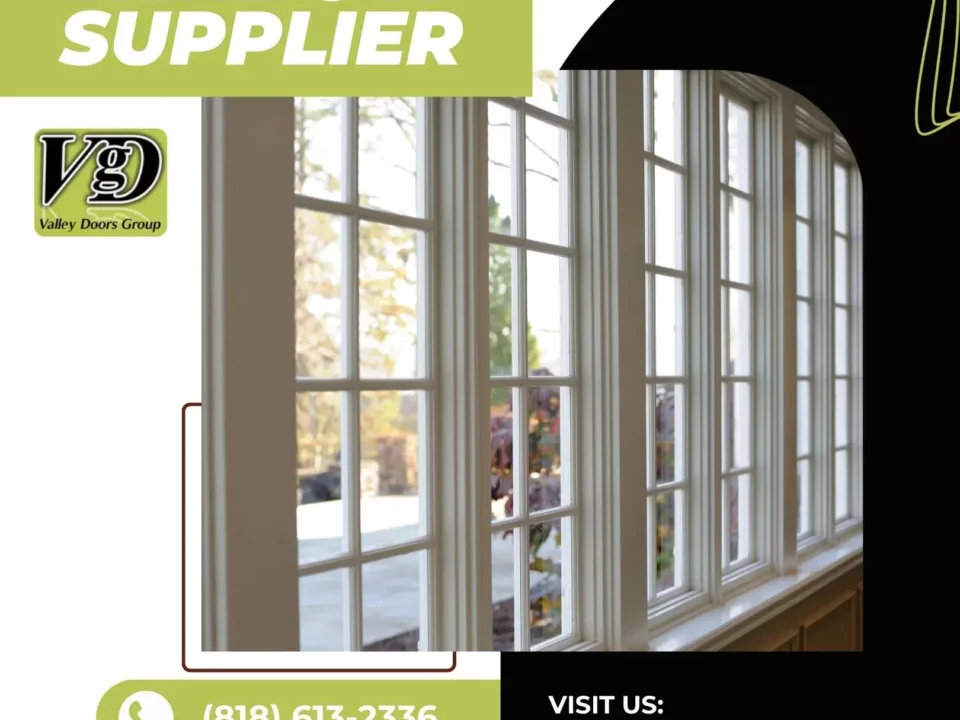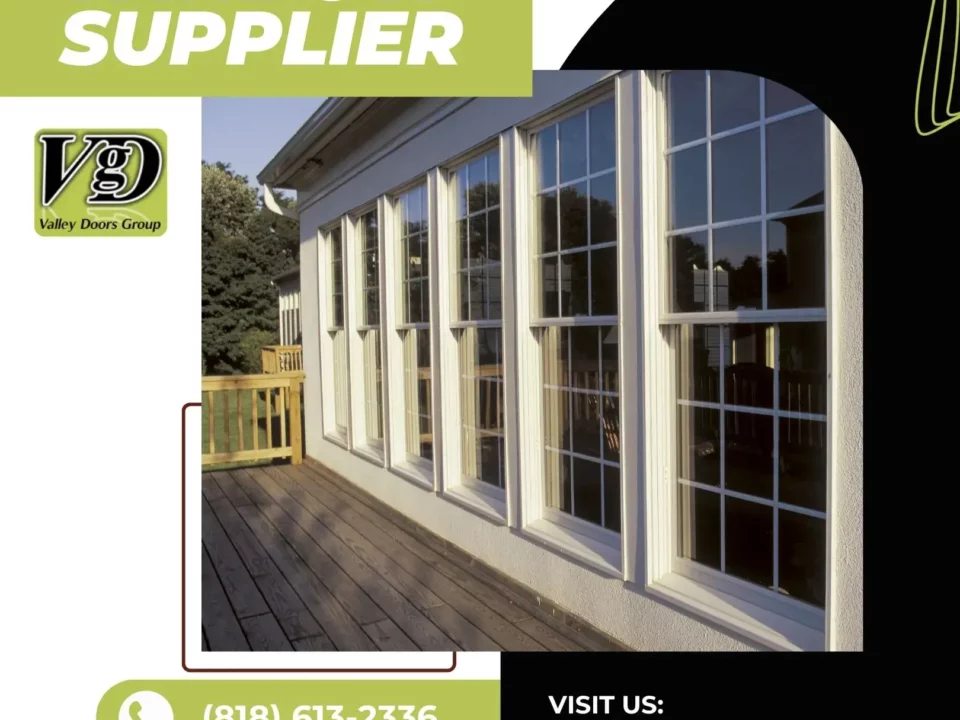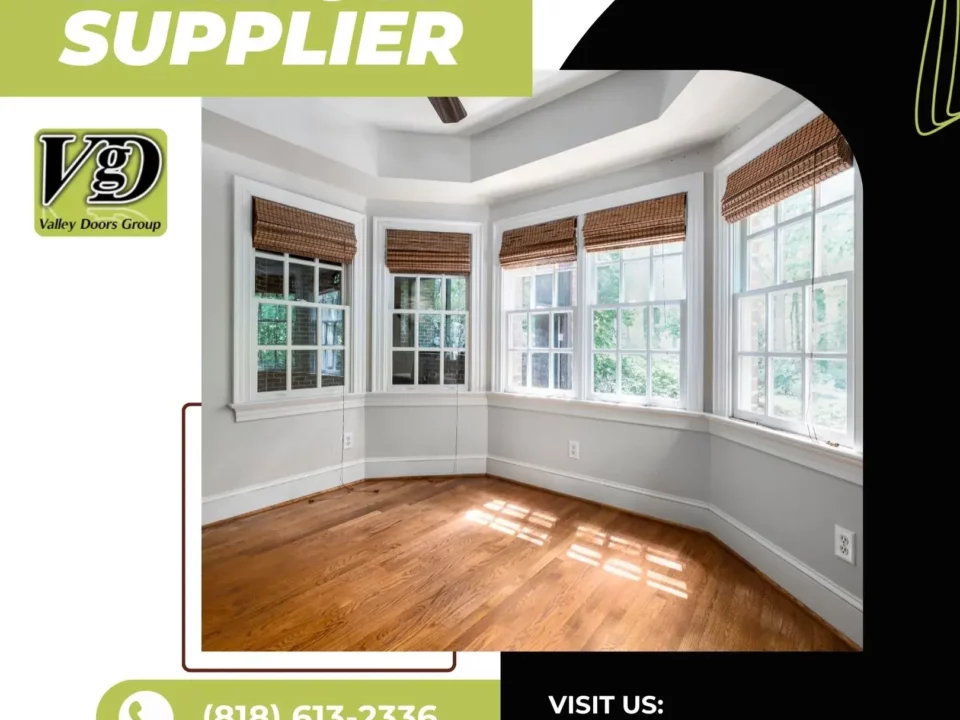How to Choose the Right Type of Window from Your Local Window Supplier

Top 10 Types of Windows Every Window Supplier Should Offer
October 16, 2025
The Different Types of Windows Explained by Leading Window Suppliers
October 16, 2025When it comes to enhancing your home’s aesthetic, energy efficiency, and security, selecting the right type of window is crucial. Whether you’re renovating your current home or building a new one, choosing windows that fit your specific needs can be a daunting task. With so many options available, it can be challenging to navigate the choices. However, by understanding the different types of windows and how they align with your requirements, you can make an informed decision. In this article, we will guide you on how to choose the right type of window from your local window supplier.
1. Understand Your Home’s Needs
Before heading to your local window supplier, assess your home’s needs. Consider factors such as the style of your home, its energy efficiency requirements, and the level of security needed. For instance, if you live in a climate that experiences extreme weather conditions, such as high winds or heavy rain, windows designed to withstand these elements—like hurricane or impact-resistant windows—might be necessary. Similarly, if you’re looking to improve energy efficiency, look for windows with insulating features such as double glazing or low-emissivity (Low-E) glass coatings.
2. Explore Different Window Styles
Your local window supplier will likely offer a wide variety of window styles. Some popular options include:
- Double-Hung Windows: These windows have two sashes that slide vertically, making them easy to clean and perfect for traditional homes.
- Casement Windows: Hinged at the side, casement windows open outward like a door, offering superior ventilation and an unobstructed view.
- Sliding Windows: Great for modern homes or spaces with limited wall space, sliding windows allow you to open one or both sashes horizontally.
- Bay and Bow Windows: These windows extend outward from the home, adding space and allowing for expansive views. They also provide a dramatic, architectural touch.
By exploring these styles, you can select the one that complements your home’s architecture and enhances its appearance.
3. Consider Energy Efficiency
Energy-efficient windows are one of the most important factors to consider when choosing the right window for your home. Many modern windows are designed to reduce heat transfer, helping to keep your home comfortable year-round and lowering your energy bills. Look for windows that feature features like double or triple glazing, Low-E glass coatings, or gas-filled panes (such as argon or krypton) to improve insulation.
Additionally, energy-efficient windows may be eligible for tax credits or rebates in certain regions, making them a smart financial choice in the long run.
4. Think About Maintenance and Durability
Some windows require more maintenance than others. For example, wooden windows can provide an elegant and traditional aesthetic but may require regular painting and sealing to maintain their appearance. On the other hand, vinyl and aluminum windows are low-maintenance options that are resistant to warping, fading, and peeling, making them ideal for homeowners who prefer hassle-free upkeep.
Durability is also essential, especially if your home is located in an area with extreme weather. Windows made from high-quality materials such as fiberglass or reinforced vinyl can offer increased strength and longevity.
5. Consult Your Local Window Supplier
Once you have a clear idea of your needs, it’s time to consult your local window supplier. An experienced supplier can provide expert advice on which window types best match your requirements. They can also guide you on important factors such as window sizing, installation, and long-term care.
Additionally, many suppliers offer custom window solutions, allowing you to get windows tailored to your specific design preferences and functional needs.
Choosing the right window for your home is an investment that can significantly impact your home’s appearance, comfort, and energy efficiency. By understanding your home’s needs, exploring different window styles, prioritizing energy efficiency, and considering long-term maintenance, you can confidently select the best windows for your home. Don’t hesitate to consult with your local window supplier, as they can provide valuable insights and expert guidance to ensure your windows enhance both the beauty and functionality of your living space.
If you’re ready to upgrade your windows, contact your local window supplier today to explore your options and make an informed decision for your home’s future.




